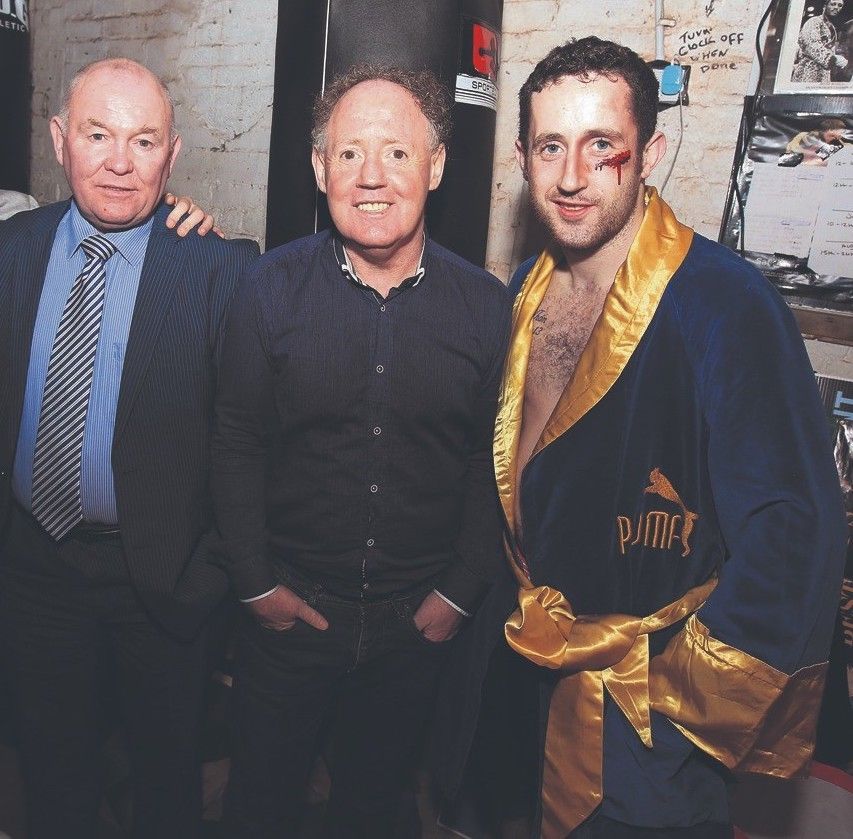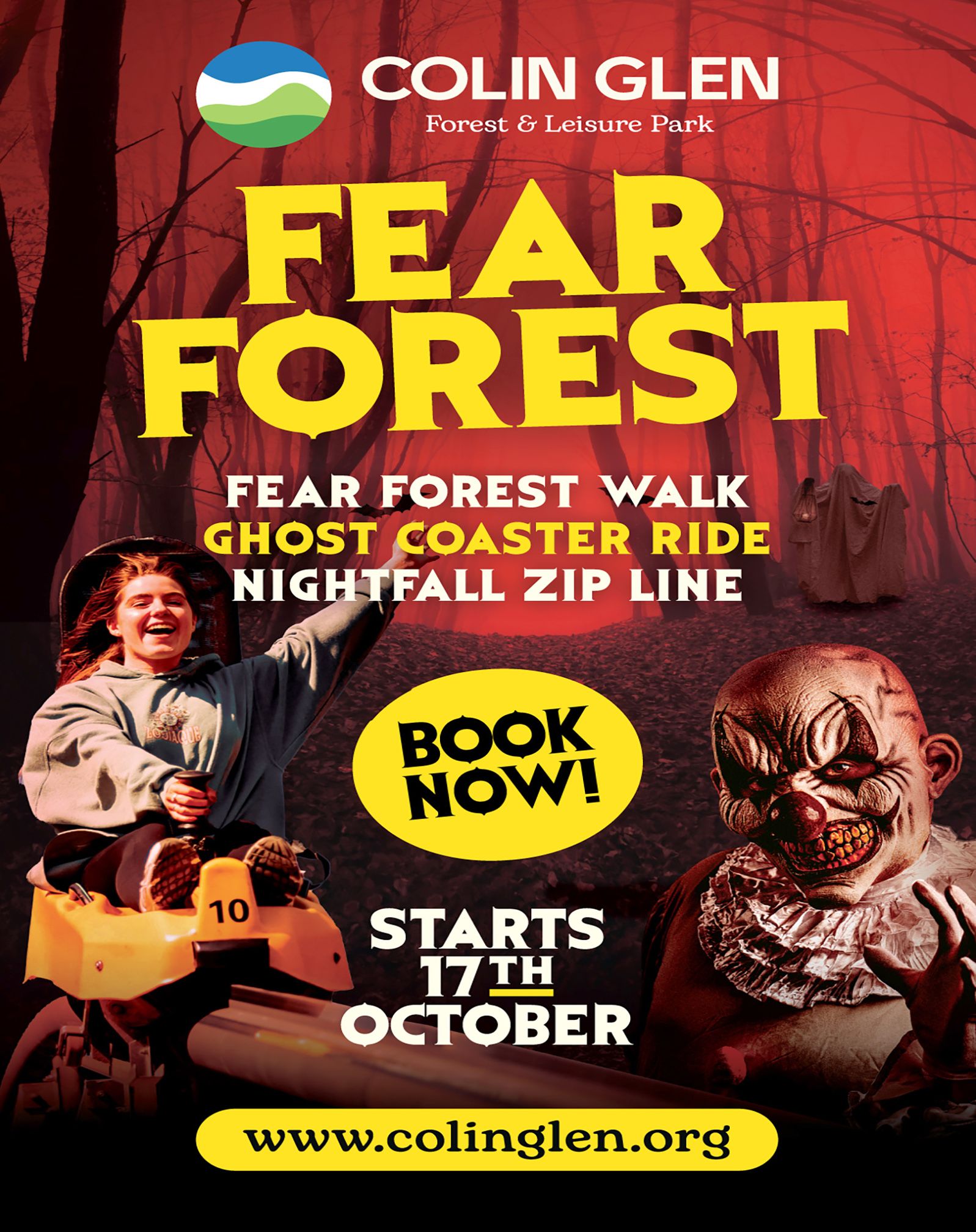THE passing of Hugh Russell, aged 63, following a battle with illness, has been met with universal sadness within the boxing community and civic society of Belfast and beyond.
'Little Red' would claim Olympic and Commonwealth medals as an amateur before winning British titles as a pro at bantamweight and then at flyweight - a unique achievement considering he moved down, rather than up in weight.
A photographer at The Irish News for over 40 years that saw him win numerous awards, he would also serve as an official with the British Boxing Board of Control and in 2019, was inducted into Belfast City Council's Sporting Hall of Fame.
Tributes have poured in from current and former fighters, colleagues, and all who had the pleasure of meeting a man whose affable nature shone through.
His loss will be keenly felt throughout his native city; his legacy as a fighter, photographer but more importantly, as a person, carved in Belfast history.
"Gutted to wake up to the news that Hugh Russell has passed away," Michael Conlan posted on X (formerly Twitter).
"What a great human being who will be sorely missed throughout the boxing community, a legend of Belfast boxing and always a friend. RIP Hugh, my thoughts and prayer go to your family."
On behalf of everyone at Féile an Phobail, we wish to express our sadness at the passing of Hugh Russell.
— Féile an Phobail (@FeileBelfast) October 13, 2023
Hugh was a boxing legend, a talented @irish_news photographer, and a brilliant human being.
Deepest sympathy to Hugh’s family, friends and colleagues. pic.twitter.com/5BOxQQRM26
Carl Frampton echoed those sentiments, recalling a man who always was in the fighter's corner.
"I've just heard the sad news that Hugh Russell passed away," the two-weight champion posted.
"As a BBBoC member and an ex boxer, he always had the fighters’ best interest at heart. One of the nicest men you could meet. RIP Hughie."
The Irish Athletic Boxing Association also paid tribute to a man who brought so much glory to Irish boxing as an Olympic medallist.
Niall O’Carroll, Chair of the IABA Board of Directors said: "My first two memories of boxing as a kid were Ali fighting Larry Holmes and Hugh winning his bronze medal. Especially the Russian announcer pronouncing his name!
"Hugh was the man who started the modern success of Irish Olympic Boxing. His passing is very sad news – IABA extends its deepest condolences to his family and friends."
This is how I will remember Hugh Russell. Hugh, on the left, and Davy Larmour were with me & the photographer @TomJenkinspix at Gerry Storey's Holy Family gym in New Lodge, Belfast. Decades after their brutal battle, at the height of the Troubles, they showed boxing at its best pic.twitter.com/iNVClWQdbK
— Donald McRae (@donaldgmcrae) October 13, 2023
The New Lodge man boxed out of Holy Family under the tutelage of Gerry Storey who was quick to spot his potential.
Titles would quickly follow domestically and a bronze at the 1978 Commonwealth Games in Edmonton would follow, losing out in the flyweight semi-final to Canada's Ian Clyde, but this was a prelude to something even greater.
The Moscow Olympics in 1980 saw him become Ireland's sixth boxing medalists at the Olympics and first since Jim McCourt in 1964, defeating Samir Khiniab of Iraq, Tanzania's Emmanuel Mlundwa and North Korea's Yo Ryon-Sik before losing out to Peter Lessov of Bulgaria in the semi-final.
"When he turned 11, he was three-stone ten (ounces), but went on and won the County Antrims, Ulsters and All-Irelands at the four-stone limit," recalled his former coach and mentor, Storey.
"He also won the Best Boxer Award from the age of 11 to 17 when he was still just four stone.
"We went to the Olympics, Commonwealths and Europeans together.
"When we were coming back from Moscow, he was looking to buy something at the airport as I told him he had to spend the roubles before he left as they would be no good to him when he got home.
"So it ended up he bought a camera and that was the start of another career."
Thinking of the family and friends of Hugh Russell, who has sadly passed away.
— Ryan Murphy (@CllrRyanMurphy) October 13, 2023
Hugh was a great boxer, a fantastic boxing ambassador for Belfast, an amazing photographer for the @irish_news, and most importantly a brilliant person.
Ar dheis Dé go raibh a anam. pic.twitter.com/UQ9XtFacgp
But his boxing career was far from over and teaming up with Barney Eastwood, Russell would forge a successful professional career, winning his first eight fights before the first of two unforgettable meetings with Davy Larmour, defeating the Shankill man in October 1982 at the Ulster Hall to take the Irish and Northern Ireland bantamweight titles - the photo of him leaning outside the ropes to embrace his mother, Eileen, an iconic image.
That set up a shot at the British title the following January in what would be that last ever 15-round British title fight, defeating John Feeney.
He would lose in a rematch against Larmour two months later, but moved down to flyweight to defeat Kelvin Smart two years later for a second British title - the first to ever become a two-time champion by moving down in weight - and would defend it twice more to win it outright, the last of those against Charlie Brown at the King's Hall in February 1985 that would prove to be his final act in the ring.
"He's going to be greatly missed" 💬@paddyb_ireland pays tribute to the late boxing champion Hugh Russell pic.twitter.com/rS8kW174Ro
— BBC SPORT NI (@BBCSPORTNI) October 13, 2023
"People think Hugh and I were enemies, but we were never enemies," said Larmour, a native of the Shankill Road.
"In our first fight, Hugh beat me. He came into the dressing room and said 'Davy, are you going to the hospital and would you give me a lift?'.
"We went to the hospital together and got into separate cubicles. The doctor came into me, looked at my face and asked who did that to me. I pulled the curtain back and said 'he did'. The two of us burst out laughing, but that was the atmosphere Hugh and I had together.
"If I saw him on Royal Avenue, we'd stop and talk. There was never any animosity between us even though people tried to build that up.
"I find it hard to talk today as I'm grieving for the loss of a friend."




